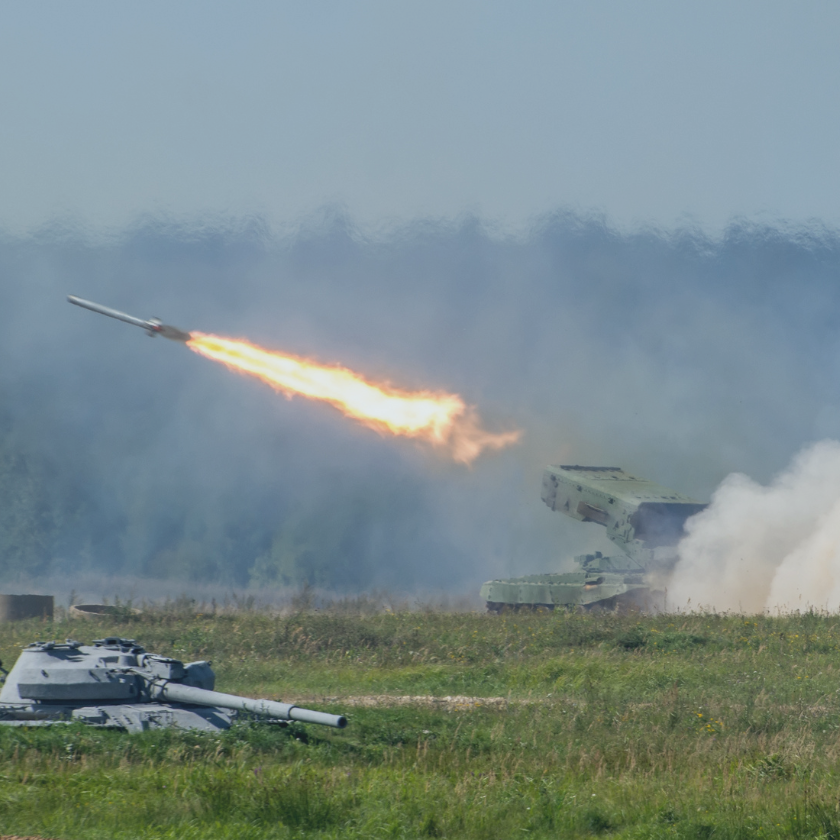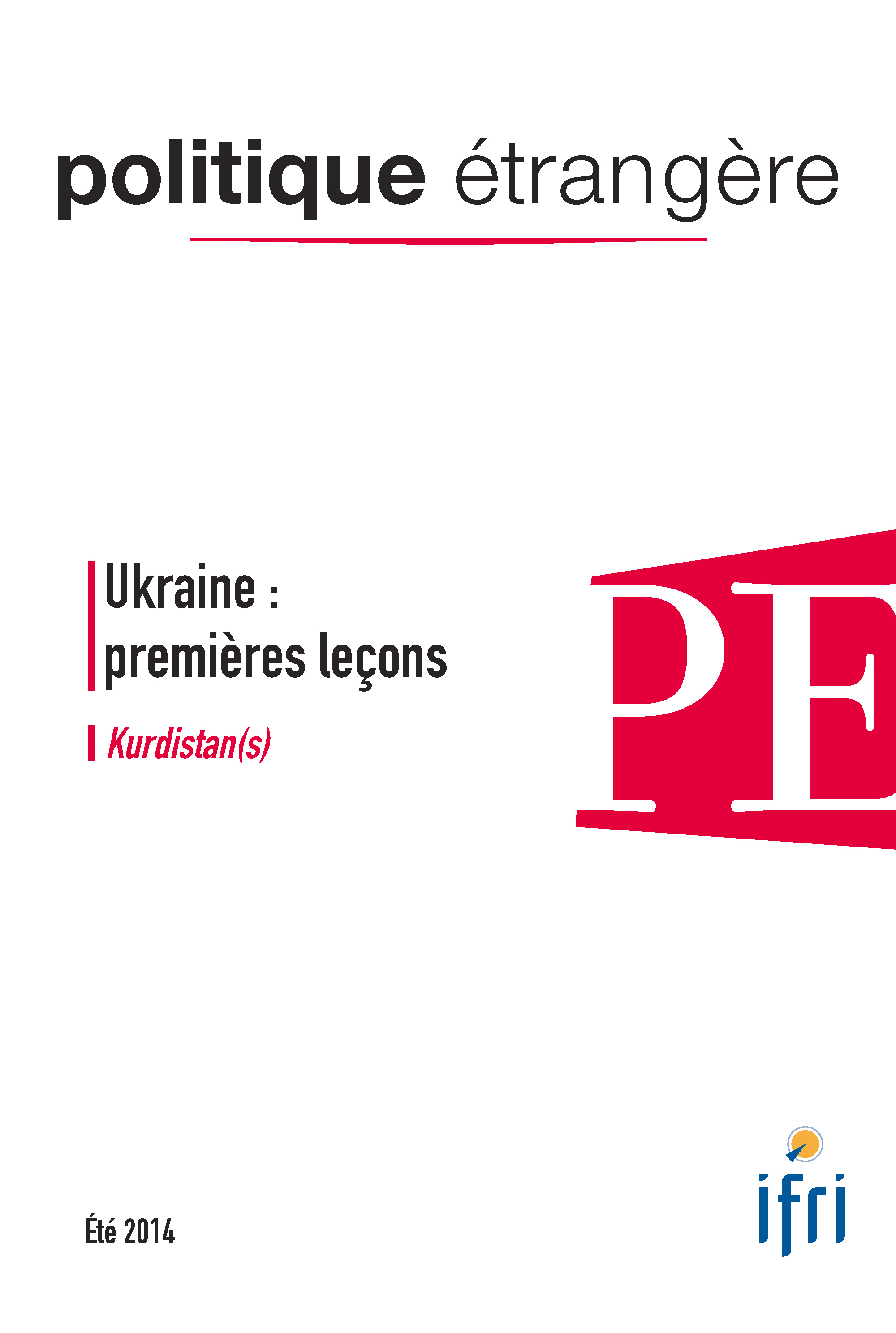War and Armed conflict
The geography and modalities of wars and armed conflicts are evolving in step with the international system. While irregular wars and asymmetrical conflicts persist, high-intensity wars are multiplying, while crises are taking on new forms as a result of hybrid threats.
Related Subjects


The Central African Republic: Analysis of a Largely Unknown Crisis
Displaced peoples, insecurity over food and sanitation, economic devastation, worsening community tensions: the Central African Republic is going through what must be the worst crisis in its history.

Syria: Ankara versus Tehran?
Turkish leaders would like to turn their country into the leader of the Middle East. However, they are in competition with another of the region’s key players: Iran.

Disputes in the South China Sea: Troubled Southeast Asian Waters
The strategic position and economic value of hundreds of small islands in the South China Sea have provoked claims of sovereignty from most of the neighboring states.


Strategy in Theory
The term “strategy” goes back to Greek antiquity and its meaning has evolved over time. Although today the term is bandied about and employed in all contexts, in the past, attempts to define it have been made by the greatest military thinkers.

Turkey: the Sèvres Syndrome, or the Interminable War
For the Turks, the Treaty of Sèvres symbolizes the liquidation of the Empire and the carving up of Turkey by outside forces.

The First World War and the Balkanization of the Middle-East
The First World War had tragic consequences for the Middle-East. It led to the partitioning of the Ottoman Empire and the balkanization of the region.

Will Europe’s Past be East Asia’s Future?
There are some disturbing similarities between present-day Asia and pre-1914 Europe.

1914–2014: Nation and Nationalism
The increasing militarism prior to the Great War had its roots in national beliefs and ideologies constructed during the 19th century in European countries.

Europe's Place in the World: from 1914 to 2014
The first wave of globalization in the 20th century triggered deep upheaval of the organization of power and an overall depreciation of European nations.
Support independent French research
Ifri, a foundation recognized as being of public utility, relies largely on private donors – companies and individuals – to guarantee its sustainability and intellectual independence. Through their funding, donors help maintain the Institute's position among the world's leading think tanks. By benefiting from an internationally recognized network and expertise, donors refine their understanding of geopolitical risk and its consequences on global politics and the economy. In 2025, Ifri supports more than 80 French and foreign companies and organizations.






